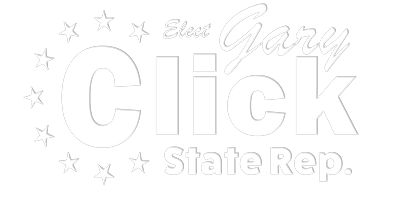
From Welfare to Work

On a personal note, my father's addiction led to my godly mother raising three kids as a single parent. She had no choice but to receive assistance. However, she wasn't happy being dependent on the government and believed in the dignity of work. But every time she tried to better herself she was threatened with the inability to care for her family. Taking a job meant the loss of health benefits for her children and left her in a bad place.
This is commonly referred to as the benefit cliff. The harder an individual works, the further behind they find themselves. Not everyone is trying to take advantage of the system. Sometimes people just feel trapped. Employers like myself have often had people decline more work or job advancement for the fear of losing significant benefits. This is not an unrealistic fear. In reality, earning just a dollar or two above the maximum can cost hundreds and even thousands of dollars. What's a person to do?
Not only does this disincentive to work harm lower income families but it also poses a dilemma for employers in search of entry level laborers or desiring to advance the careers of promising individuals. When the system pays people to stay home and penalizes them for productivity the workforce is depleted of a valuable resource.
The solution isn't really that elusive. The benefit cliff needs to be graduated into a a safe and navigable decline. One dollar of added income should not strip an individual of necessary healthcare and benefits. A person should be better off when he works.
Fortunately, there is progress on this front. Allen County is testing an "Employment Incentives Program." This pilot program provided tiered incentives based on performance benchmarks. Financial literacy, job readiness training and limited crisis-oriented benefits ensure continued advancement in the workplace as public benefits phase out.
My mother ultimately worked against the system to personally advance her career and retired in management at a plastics manufacturer. She ultimately retired comfortably with dignity and self-respect because she overcame the system. My hope is that someone else's mother or father doesn't have to work so hard to to overcome the benefit cliff and live a productive life enjoying the dignity of work.
Ultimately these solutions will aide both families and the workforce.
I'm proud to note that a version of my HB 410 from the 134th General Assembly was passed by the legislature in HB 33 in the form of the "Benefit Bridge Employer Pilot Program". This program will help financially dependent Ohioans overcome the benefits cliff and enjoy the dignity of work and financial security. It is also expected to help meet workforce demands by assisting people who are ready to work as they struggle to overcome the difficult demands that accompany stepping away from government assistance and engaging in a life of independence.
